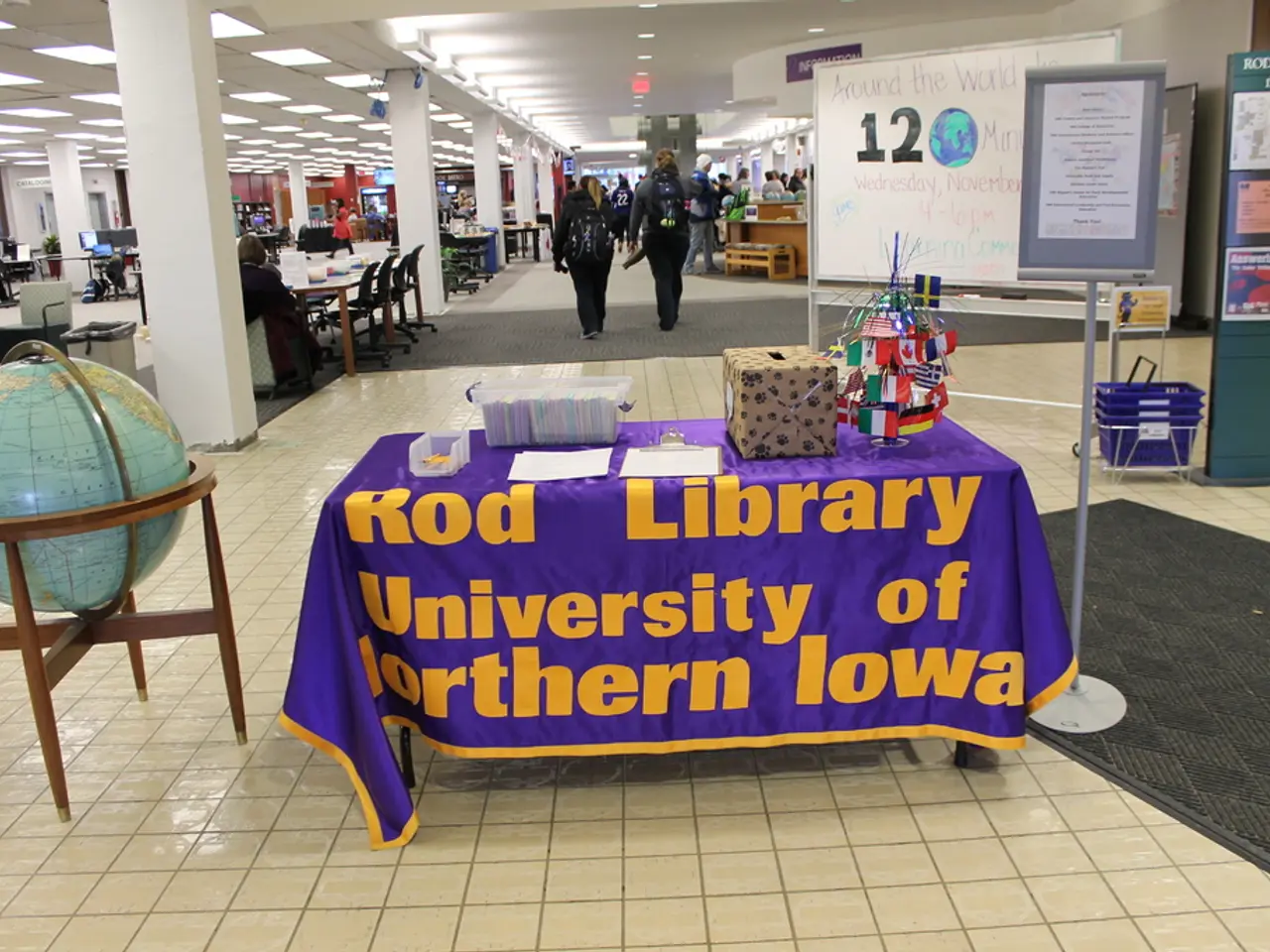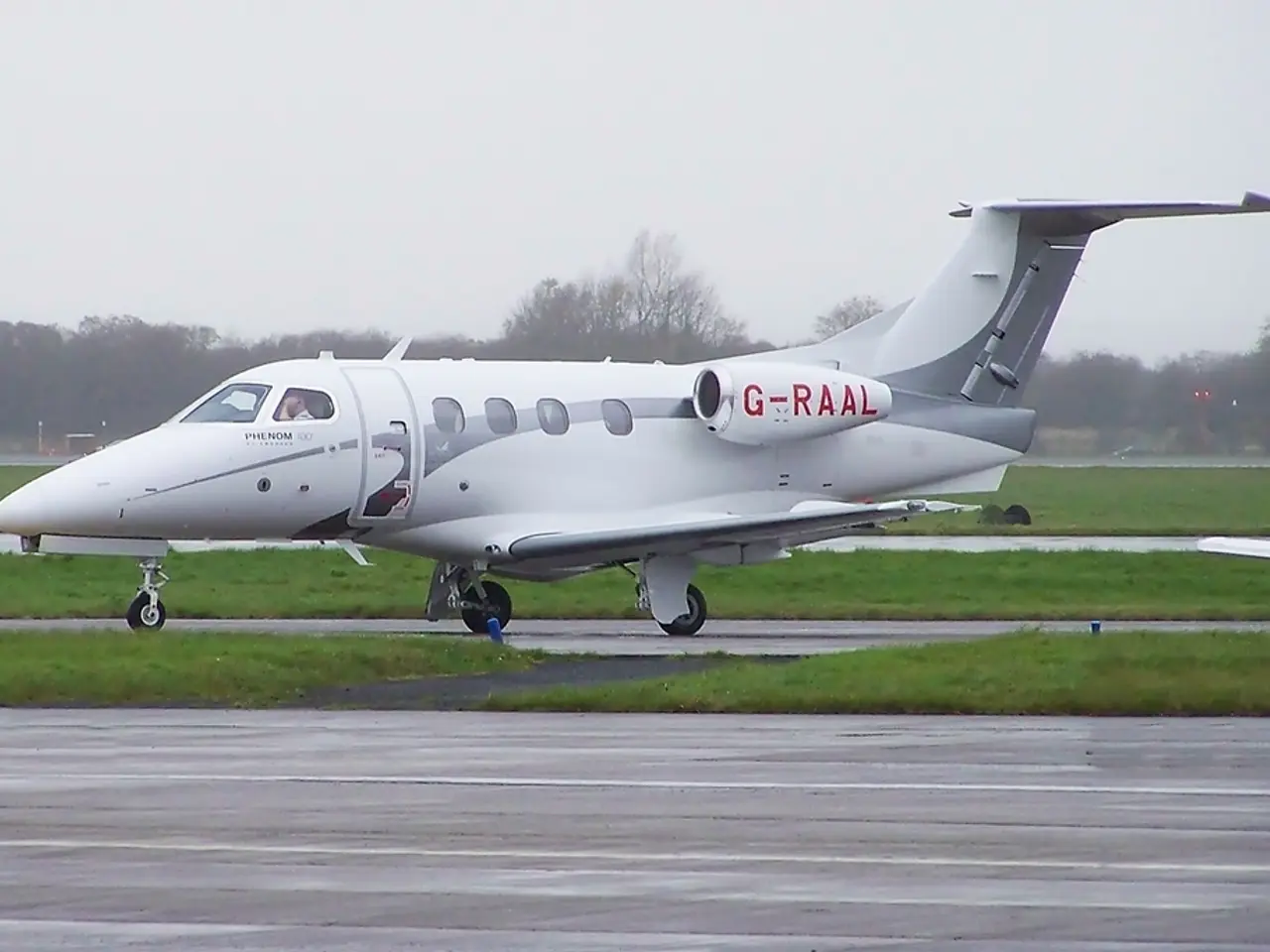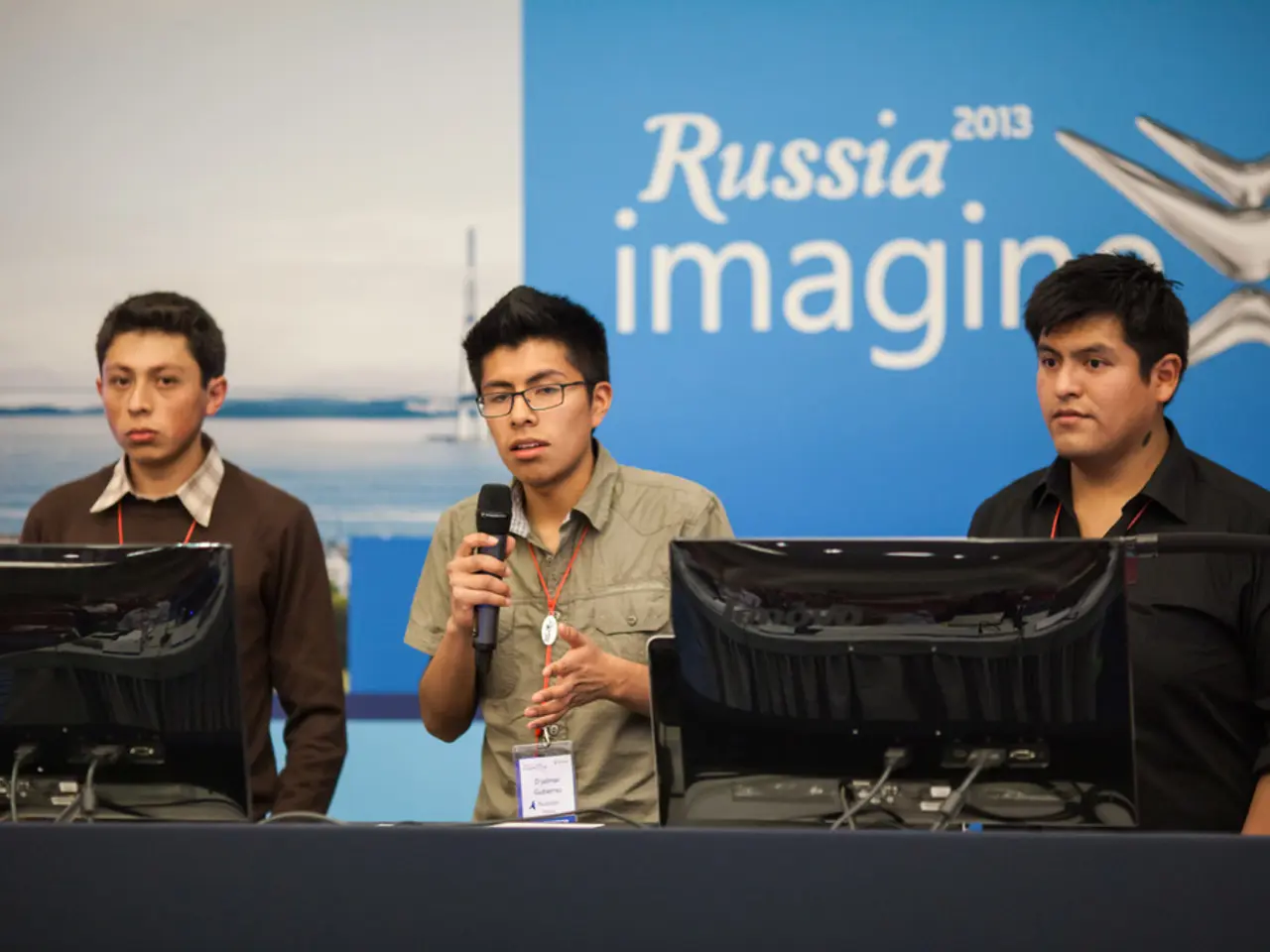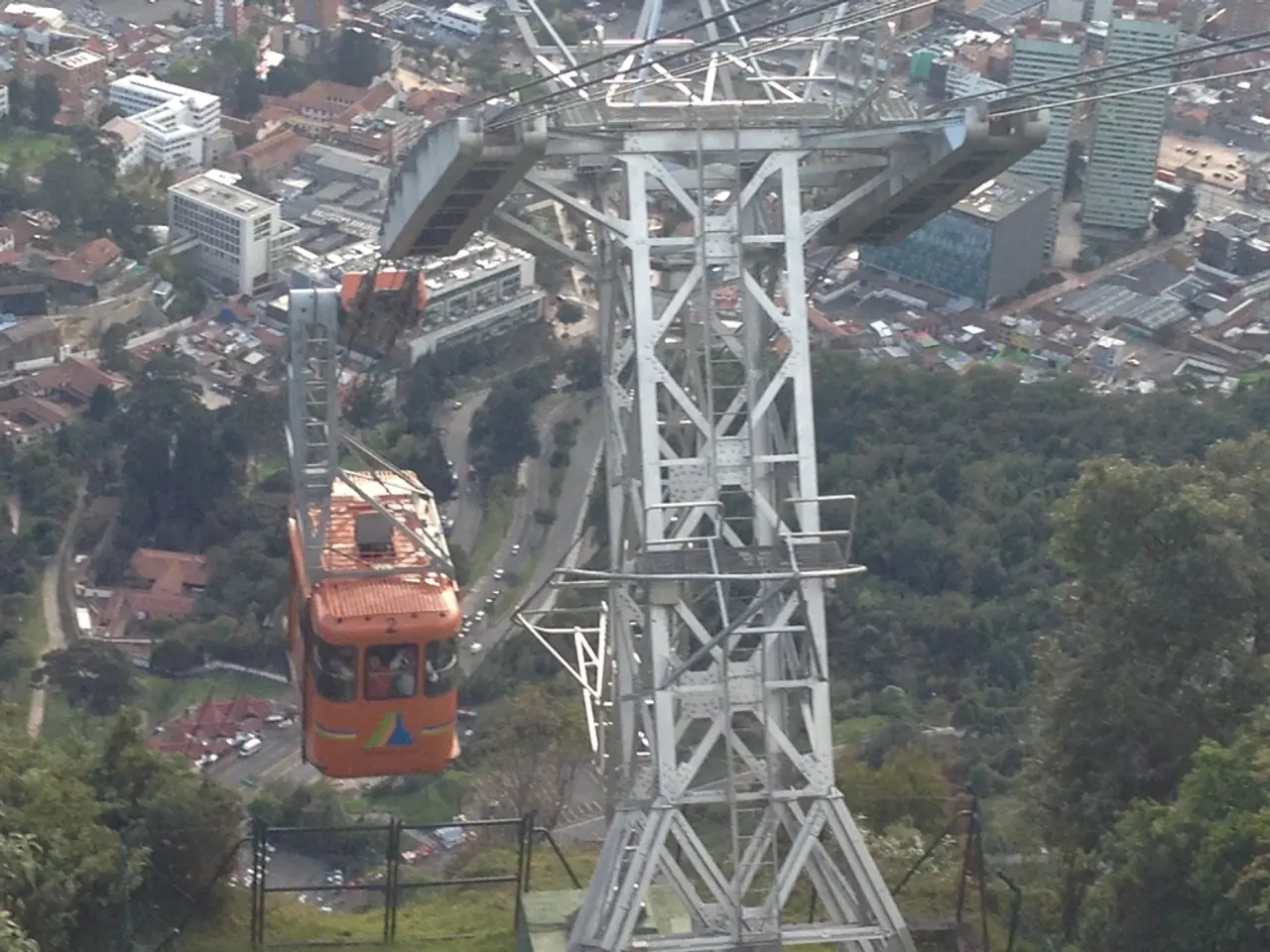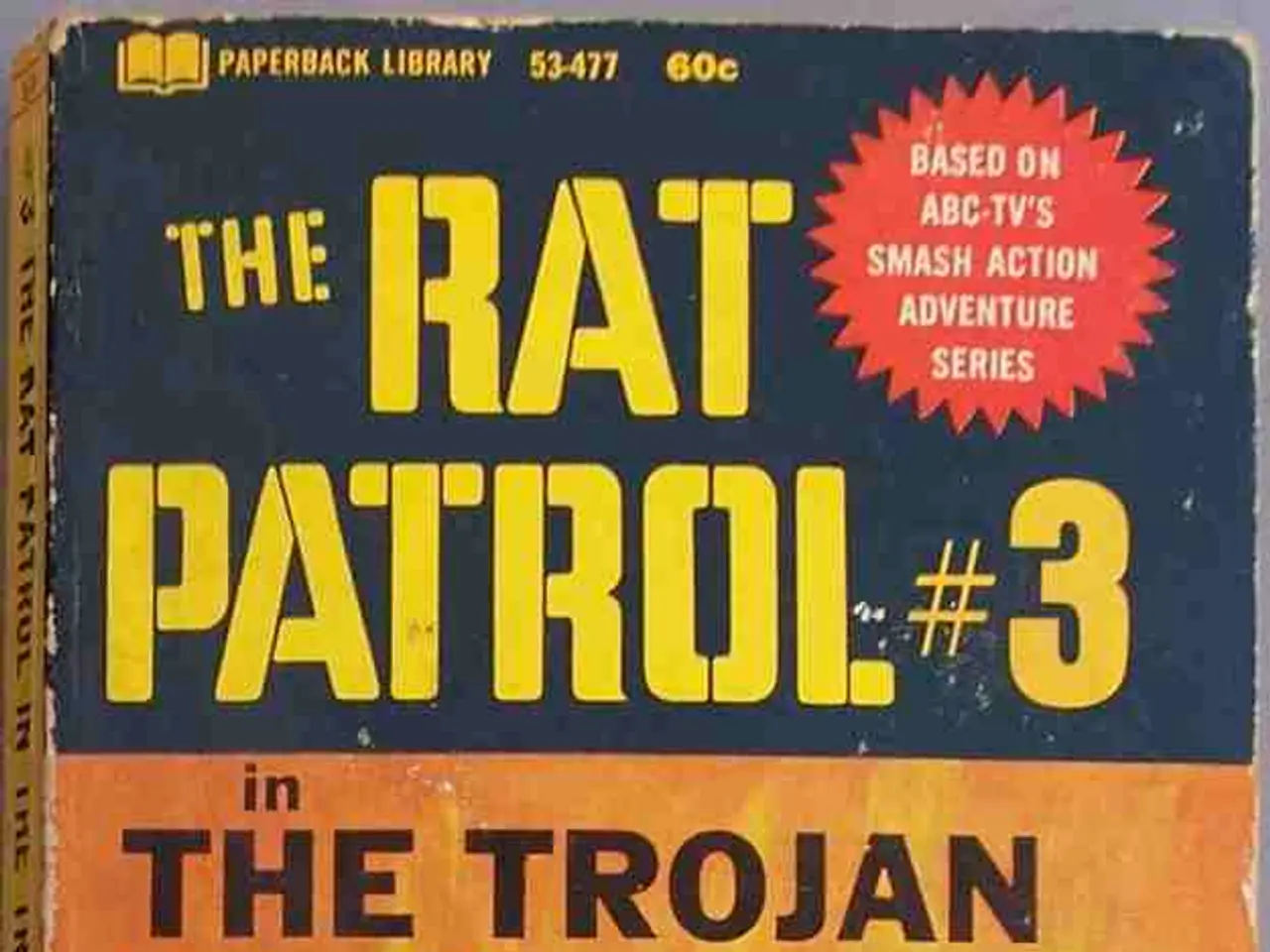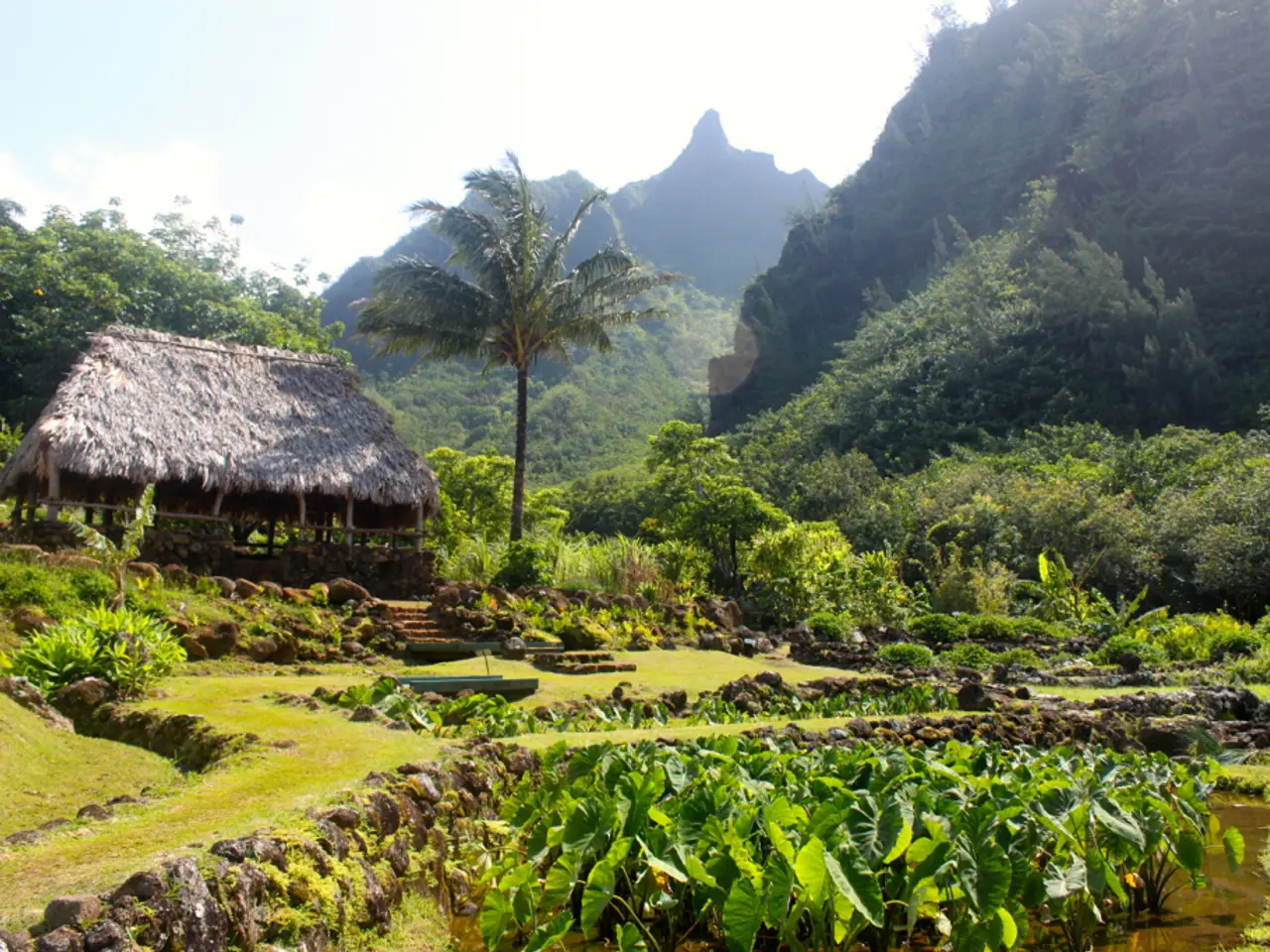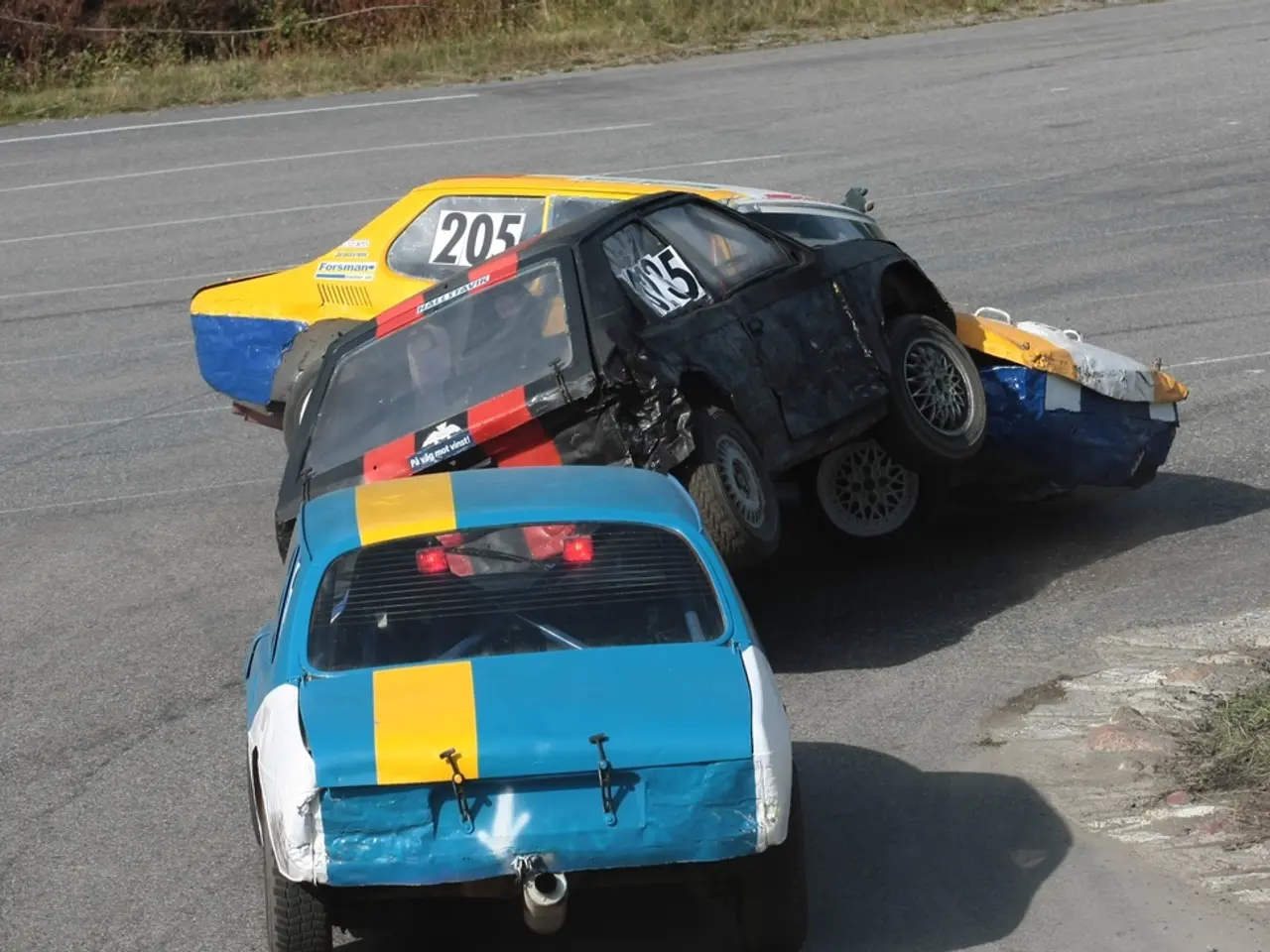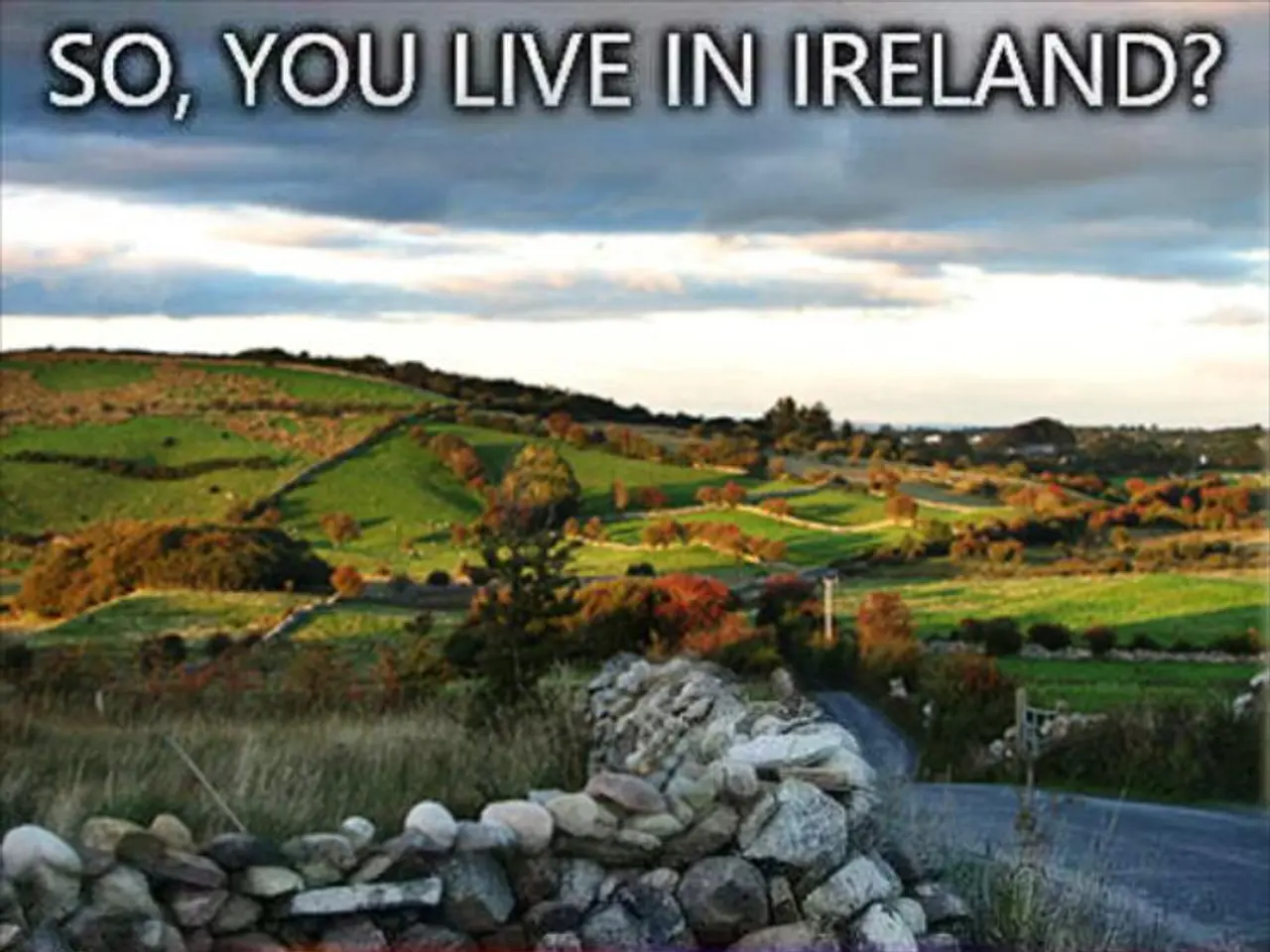Iran's Negotiation Milestones and Key Players in Nuclear Discussions
In the heart of Istanbul, Turkey, diplomatic talks between Iran and the E3 countries (the U.K., France, and Germany) continue, with both sides presenting specific ideas but no breakthrough achieved yet. The negotiations, which began against a backdrop of regional tensions, are a critical step in addressing concerns over Iran's nuclear program.
The talks revolve around the Joint Comprehensive Plan of Action (JCPOA), a 2015 agreement that established a framework for limiting Iran's uranium enrichment to 3%. The JCPOA was endorsed by U.N. Security Council Resolution 2231, and its "snapback" mechanism, which allows for the rapid reimposition of U.N. sanctions in the event of a defined violation, is a key feature.
Despite the ongoing discussions, a significant deadlock persists. The E3 countries have warned they will trigger the JCPOA snapback sanctions mechanism by the end of August 2025 if Iran does not make progress on a nuclear deal. However, Iran rejects demands to limit its missile program and insists on its right to domestic uranium enrichment, viewing these as essential to its defense.
Turkey, serving as a mediator and conciliator in these talks, provides the venue for these crucial meetings. While Turkey has geopolitical interests related to regional stability, it does not act as a direct mediator or party to the substantive negotiation terms. Instead, it functions as the location for dialogue amid ongoing tensions.
The current status of the negotiations is a reflection of the complexities involved. Iran, in response to the E3's demands, is reportedly prepared to activate an alternative plan should the E3 invoke snapback in the nuclear talks. Meanwhile, Iran warns that triggering snapback sanctions could lead it to withdraw from the Non-Proliferation Treaty (NPT), escalating nuclear proliferation concerns.
The negotiations are taking place amid heightened regional tensions, including recent conflicts involving Iran, Israel, and the U.S. Despite these challenges, Turkey's diplomatic weight and position as a knowledgeable actor in the process have been key factors in keeping the diplomatic channel open during the negotiations.
The history of Iran's nuclear program dates back to the Cold War era, with the disclosure of the Natanz nuclear facility triggering renewed Western concern and attention. Since the 1990s, Iran has shifted its nuclear orientation toward Asia, with China being another key actor in Iran's nuclear trajectory.
The negotiations in Istanbul are a significant step in addressing global nuclear concerns. The key deadline is August 2025, after which snapback sanctions may be reimposed if no agreement is found. As the talks continue, the world watches with bated breath, hoping for a peaceful resolution to this long-standing issue.
[1] BBC News. (2021, March 6). Iran nuclear talks: What's at stake in Istanbul. Retrieved from https://www.bbc.com/news/world-middle-east-56231073
[2] Al Jazeera. (2021, March 7). Iran nuclear talks: Turkey hosts talks between Iran and E3. Retrieved from https://www.aljazeera.com/news/2021/3/7/iran-nuclear-talks-turkey-hosts-talks-between-iran-and-e3
[3] Reuters. (2021, March 7). Iran nuclear talks: E3 warns of snapback sanctions if no deal by August 2025. Retrieved from https://www.reuters.com/world/middle-east/iran-nuclear-talks-e3-warns-snapback-sanctions-if-no-deal-august-2025-2021-03-07/
[4] The Guardian. (2021, March 7). Iran nuclear talks: E3 warns of snapback sanctions if no deal by August 2025. Retrieved from https://www.theguardian.com/world/2021/mar/07/iran-nuclear-talks-e3-warns-of-snapback-sanctions-if-no-deal-by-august-2025
- The current nuclear negotiations between Iran and the E3 countries, taking place in Istanbul, Turkey, remain a crucial part of the world's general news, as a potential breakthrough could significantly impact global political landscapes and medical-condition concerns regarding nuclear proliferation.
- As both sides present their ideas without achieving a breakthrough, opinions within various regions, including Europe, the Middle East, and the world, are heavily influenced by the simmering politics surrounding the discussions, with technology and science also playing significant roles in shaping these viewpoints.
- Turkey, hosting these critical talks, continues to act as a mediator and conciliator in the gap between Iran and the E3, using its geopolitical interests to support regional stability. Despite not being a direct mediator or party to the negotiations, Turkey's diplomatic weight has been essential in maintaining the open dialogue during this politically complex phase.
- Engaging in the negotiations, Iran is reportedly developing an alternative plan as a response to the E3's demands, which could potentially involve the re-orientation of its nuclear program to allies such as China, as seen since the 1990s. This shift, if activated, would raise concerns over both regional security and the delicate balance of political relations within the global community.
- As the deadline for decisive action approaches (August 2025), the global community eagerly awaits the outcome of these diplomatic efforts. The re-imposition of snapback sanctions may have far-reaching consequences for all parties involved, from the countries directly engaged in the negotiations to the broader community of nations that value peace, stability, and the prevention of medical-condition issues related to nuclear proliferation.
